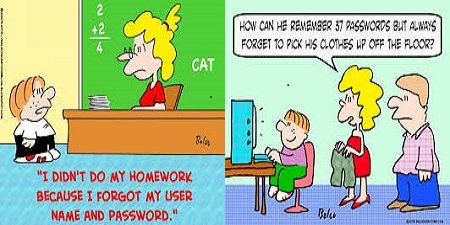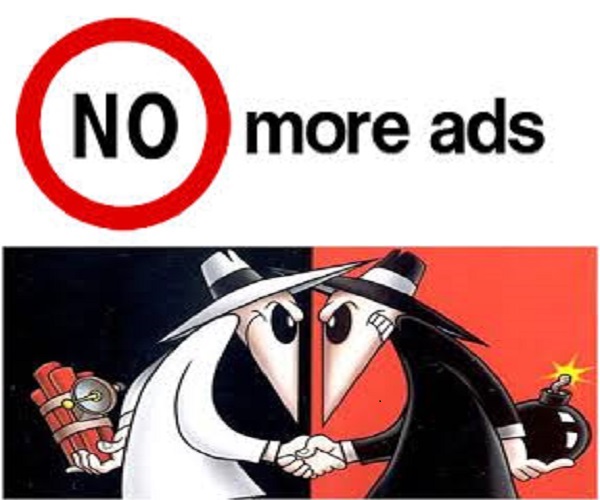Did Stephanie Lenz make a bag of money from her video that Universal would otherwise have made? It seems that actually Universal and Prince got a lot of free advertising out of it starting in 2007, no? A U.S. Circuit Court of Appeal has just struck a blow against the hubris of music publishers such as Universal who send out takedown notices at the drop of a hat. If every YouTube (or Vimeo et al) video that borrowed a little, or even a lot, triggered so much legal argy-bargy, there wouldn’t be enough lawyers and judges on the planet to deal with it all. Similarly for the print world, and look at all the examples of “the pot calling the kettle black”:
-Google violated copyrights wholesale by scanning millions of books; but didn’t that provide a service to humanity by making intellectual content available for out-of-print volumes?
-Facebook was essentially a college Freshman Register; could it have been sued by thousands of universities collectively?
-Amazon’s Kindle refuses to let owners copy even one word. So all students writing term papers are back to the archaic 3×5 cards in the digital age. How stupid can they be, especially in the days of the Turnitin plagiarism checker technology?
Monthly Archives: September 2015
Stupid Password Tricks
Even the most TV-averse person in the USA has likely heard of Late Show host David Letterman’s “Stupid Pet Tricks” which ran for 30 years. So there were probably as many people who watched at least one episode of it as have had some sort of trouble choosing and/or using passwords on the Internet. Unfortunately, the formats of passwords have recently become a lot more demanding and the organizations forcing us to have passwords have made us run a truly nasty gantlet (look it up!). The nastiness seems to be a recent phenomenon, perhaps a result of all the major hacking attacks in the last few months. One of the latest dirty tricks is to provide two boxes, one for entering the password (which blanks out your entry) and another for confirming it (which also blanks out your entry), as well as a third alternative of letting the organization create the password for you. As you make the first entry, you get nasty comments that your password is not strong enough, forcing you to make changes until you have satisfied the demand. Even if you have carefully noted the approved password, by now it is a challenge to enter it exactly in the confirmatory box. And people are now finding that, in fact, these organizations do not want you to select your own password, and you MUST let the organization chose one for you. It is not the end of the world, but (a) if you have your own system for creating passwords you will NEVER succeed in getting one, and (b) why bother to offer to let you create your own? At least David Letterman’s Stupid Pet Tricks was funny, while this latter-day password game is definitely NOT funny. Sadistic maybe. Even worse, the possibility of using a hardware “dongle” continues to be remote, in large part because there is no apparent convergence to a standard.
Will There be a Useful Truce Among Ads and Ad Blockers and Ad Blocker-Blockers?
History buffs may liken this situation to the spy-and-counter-spy among countries. It surely seems to us at Technology Bloopers to be a great waste of resources and a great inconvenience to the more than 3 billion current users of the Internet today. Most users have already been spoiled by the “free” goodies they enjoy in return for their viewing increasing volumes of advertising. This arrangement has been around for at least 150 years in newspaper and magazine publishing, although most of the important hard-copy publications make their revenue from a combination of subscription fees and advertising purchases. By contrast, the much more recent Internet is mostly free to users and paid for by advertisers. Some interesting exceptions are Wikipedia, language-learning site Yabla, and purchase or rental of plugins and themes for WordPress. In the opinion of Technology Bloopers, there are many Internet sites for which users would pay reasonable fees, which would reduce the conflict among the titans of Silicon Valley. Google has contributed great gobs of technology but financed it heavily with ads. But users have had their fill of ads, leading to a rapid growth of ad blocking software. And some of the ads are so intrusive (the ones on SpanishDict.com are the worst in our experience, interrupting users with highly-distracting audio and video) that they cry out for ad blockers … and boycotting of such sites in favor of more ones that are less obnoxious. The advertisers have been spooked by this software, leading to a rapid growth of software that undoes the blocking. Most recently Apple has jumped into the fray with its own ad blockers, which is a welcome counter-force, though actually Apple has its own ads buried in its Apps, so the only beneficiary is Apple, while Google loses business and consumers continue to be annoyed by ads.
Anything is Funny if it Didn’t Happen to You
But though most people can recover from having their credit card data compromised (or perhaps weren’t personally affected by it), they might not recover so well from having their marriage destroyed, so perhaps the most poignant of recent hacks was the one of the Ashley Madison extramarital affair website. Most recently Ashley Madison users filed class action lawsuits in Canada and the US, which will almost certainly destroy the company and at a minimum disgrace its parent company Avid Life Media Ironically, the hackers had originally not tried to destroy the whole thing but to force more ethical behavior on it, and when the company stonewalled the hackers carried out their threat of disclosure. Another example of hubris … which has at a minimum forced the CEO of Avid Life Media to resign.





